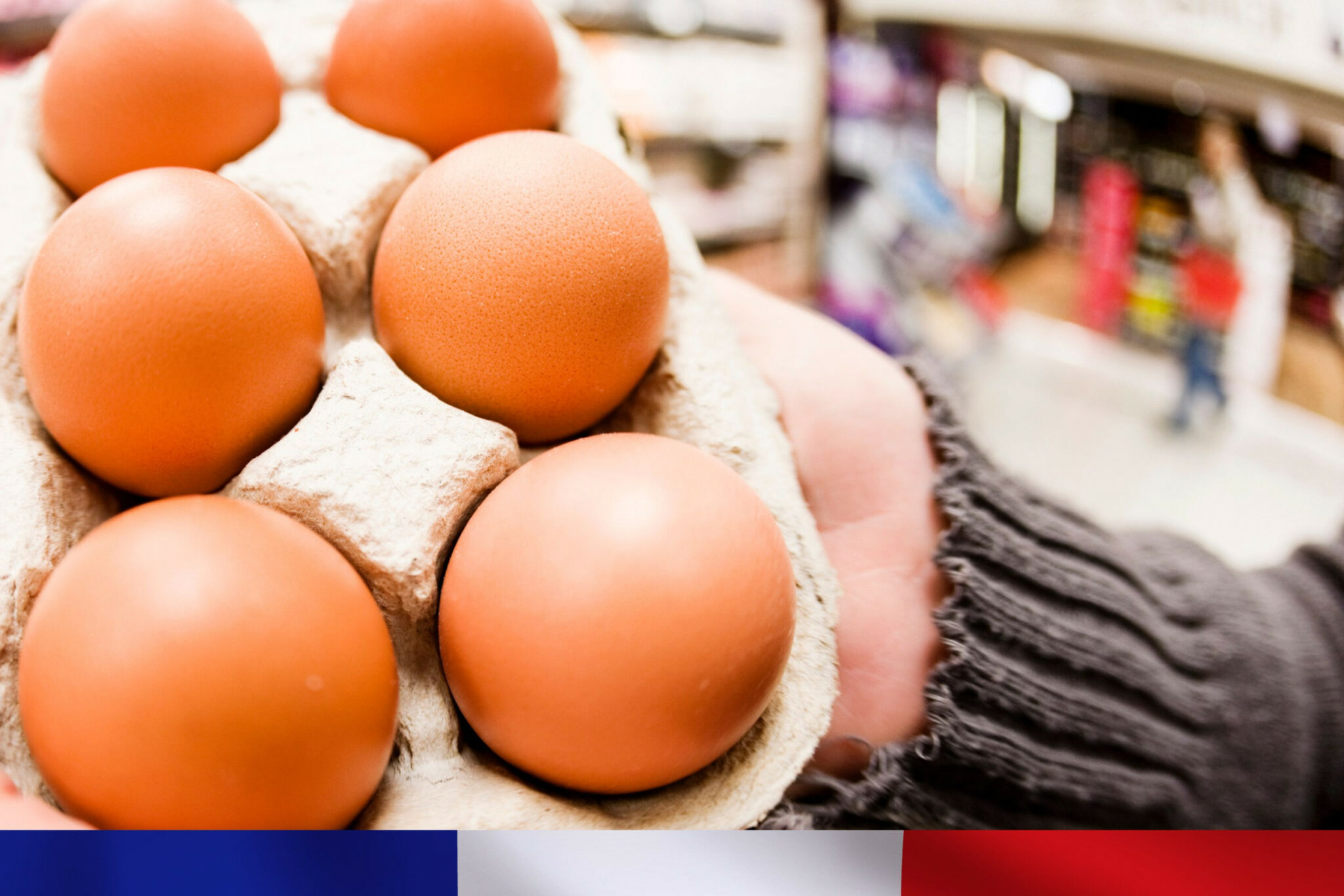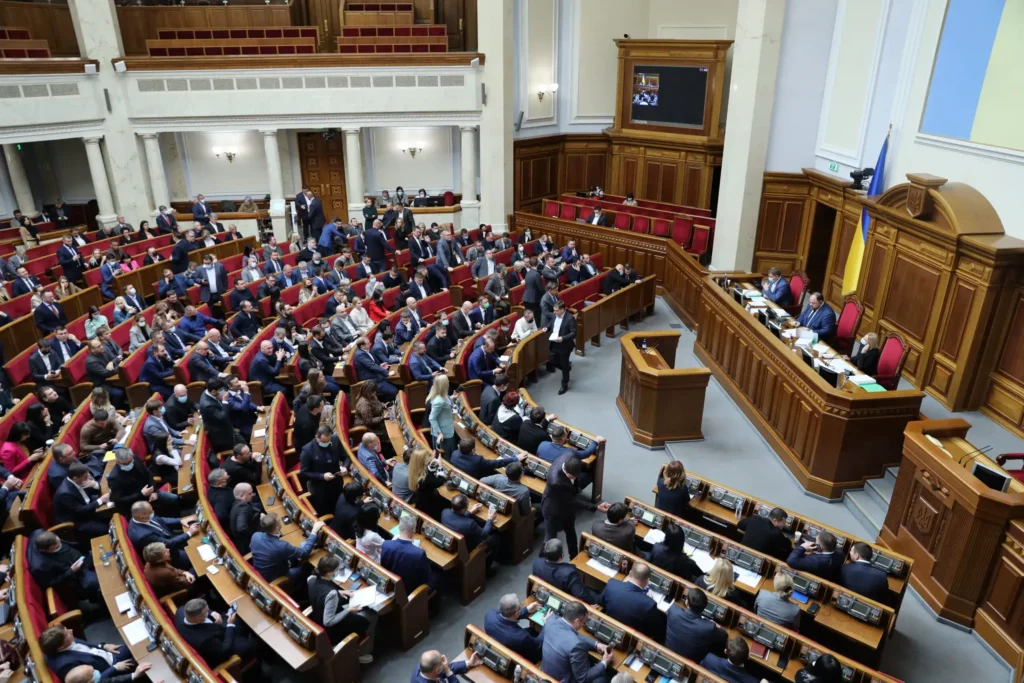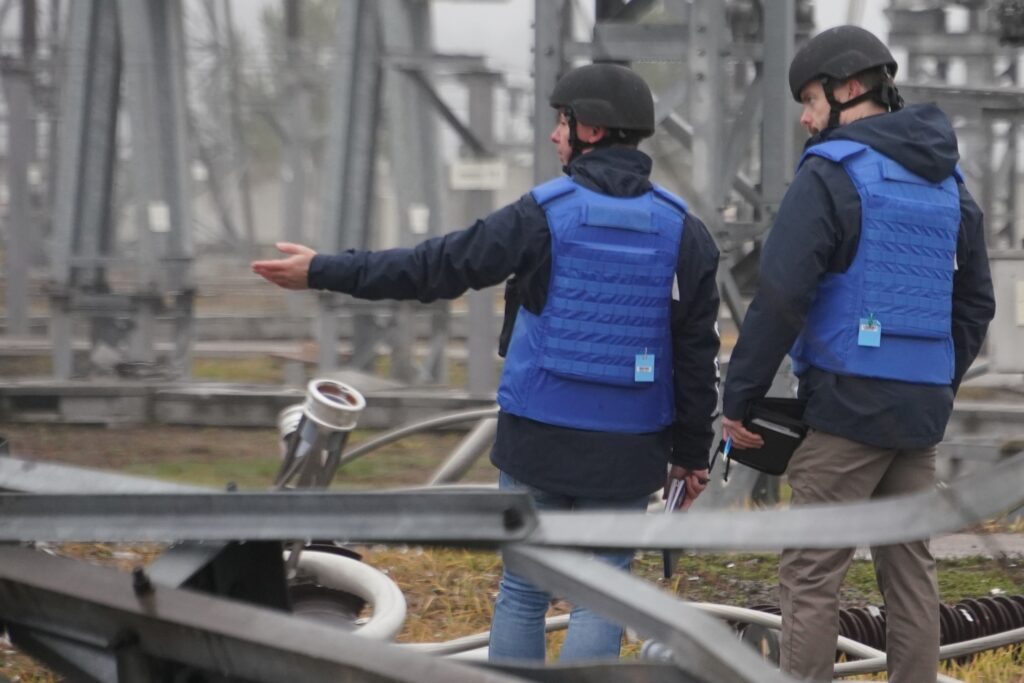Eggs from Ukraine cause a scandal in France
12 September 2025 13:54
The French poultry industry organization CNPO has reported numerous cases of hundreds of thousands of eggs from Ukraine being sold in supermarkets in the country that do not meet European poultry standards and the ban in France on the selection and destruction of male chickens. This is reported by "Komersant Ukrainian" with reference to Poultry World.
According to CNPO, Ukrainian eggs may also contain antibiotics banned in the EU. During four inspections of batches of eggs exported through Slovakia and Poland, substances that can be dangerous to human health were found.
Government response
French Minister of Agriculture Anne Genevar has already sent a letter to the European Commission demanding stricter sanitary controls, both at the national and EU levels. She also called for a ban on imports of eggs containing banned substances.
“The volume of eggs imported from Ukraine is not very large, but the signal is very important. Our national food security means favoring French production over imported products that do not meet our standards and consumer expectations,” Geneva said in response to CNPO’s complaints.
Watch us on YouTube: important topics – uncensored
Demand for eggs in France is growing
The complaints come amid growing demand for eggs in the country as they remain a relatively cheap source of protein amid high inflation. Due to the high demand, supermarkets have been forced to import larger quantities of eggs, which has upset French producers.
“Sales are up 5% in volume compared to last year, which is approximately 350 million additional eggs. We are fully capable of supplying the big supermarkets,” said Yves-Marie Baudet, president of CNPO.
Follow us on Telegram: the main news in brief
The EU has expanded import quotas for Ukrainian agricultural products
As a reminder, the European Union has increased the volume of imports of Ukrainian agricultural products under the updated free trade agreement.
According to the agreement, Ukraine will be able to export more products to the EU than before the full-scale invasion, but less than during the “trade visa-free regime.” For sensitive goods, such as eggs, sugar, and wheat, quotas have been increased, but they are lower than peak imports to prevent destabilization of the European market.
Less sensitive products will receive a moderate increase in access, while certain product categories will be fully liberalized.
It is worth noting that egg quotas were increased by 300%.









